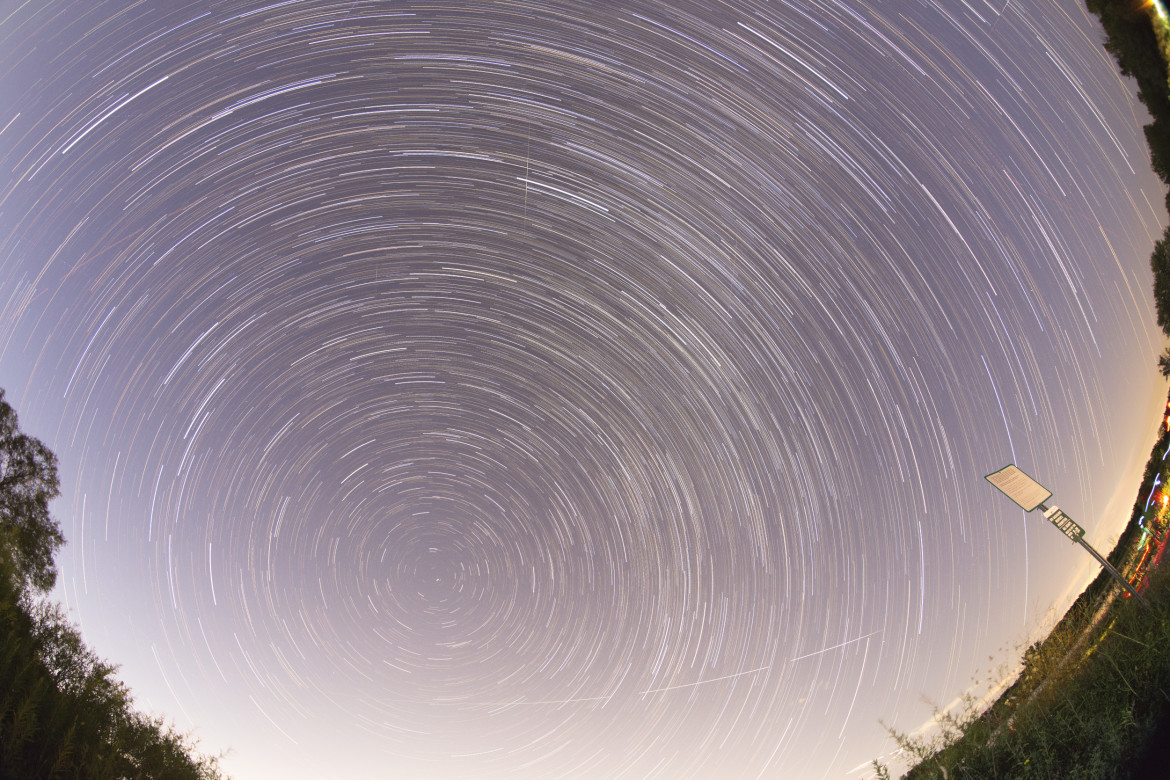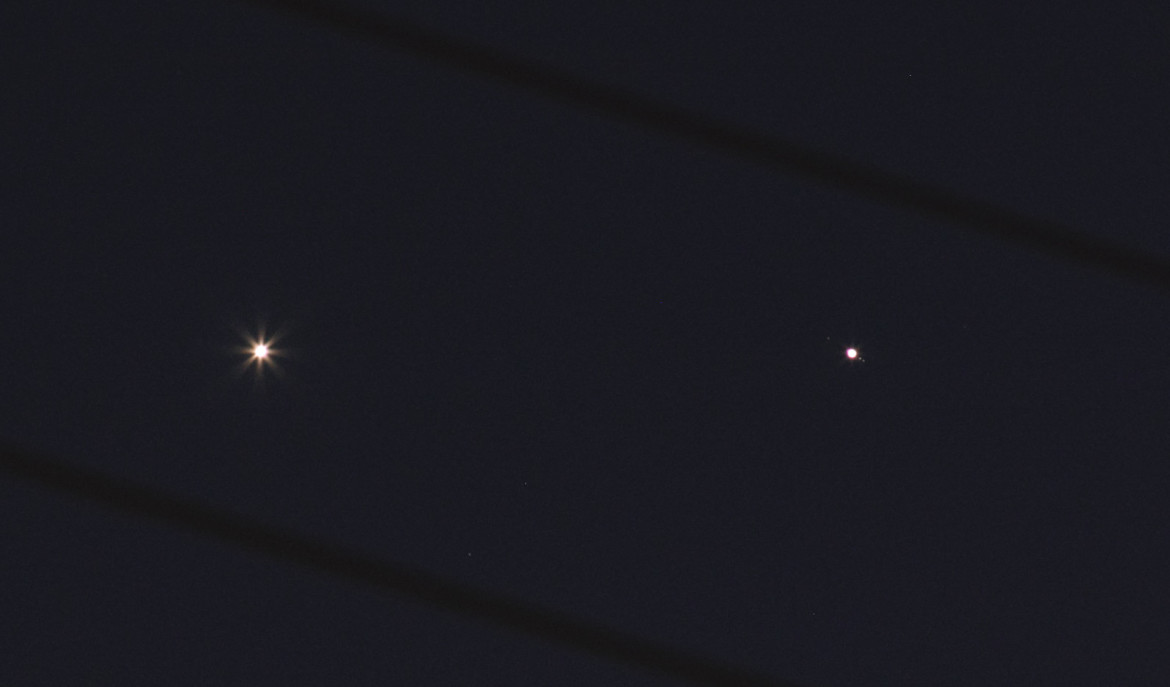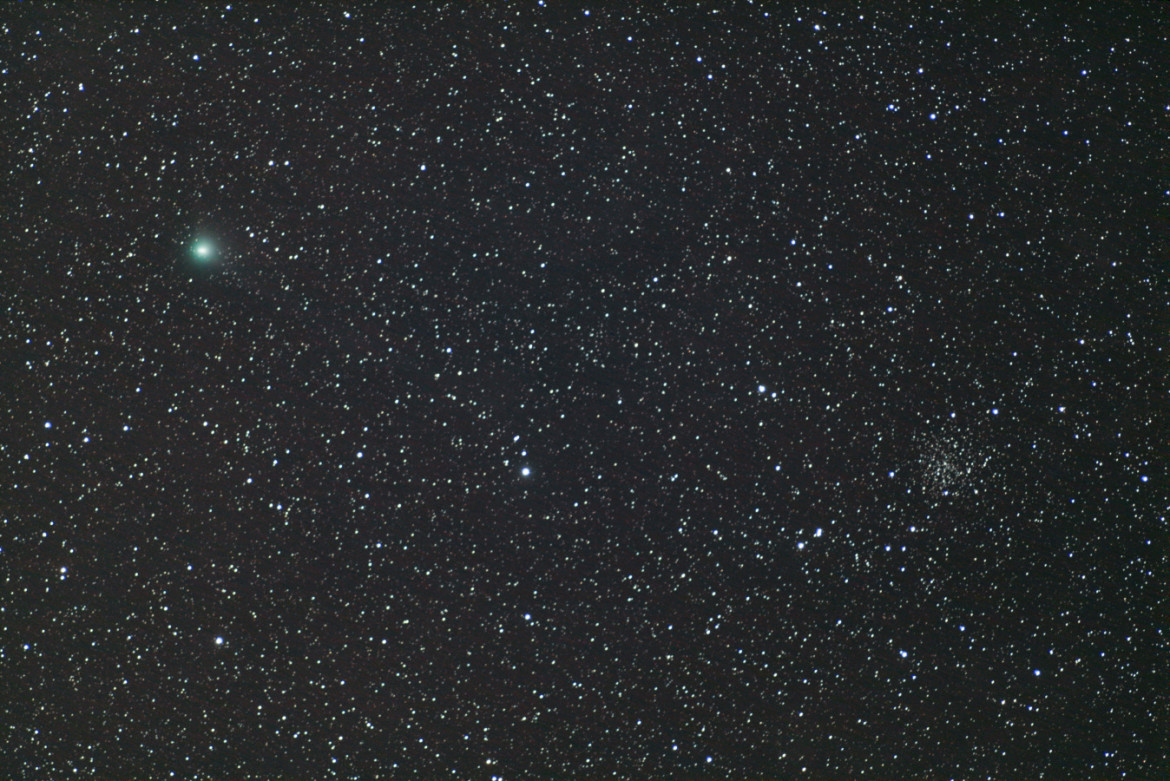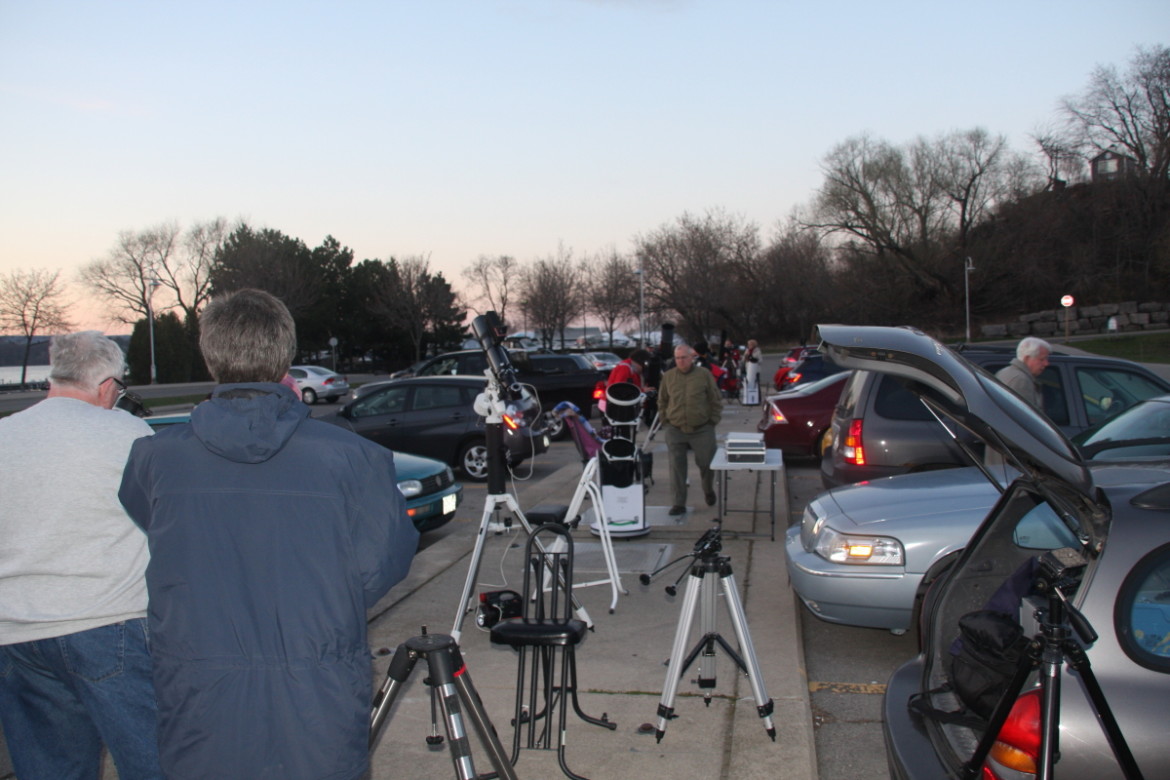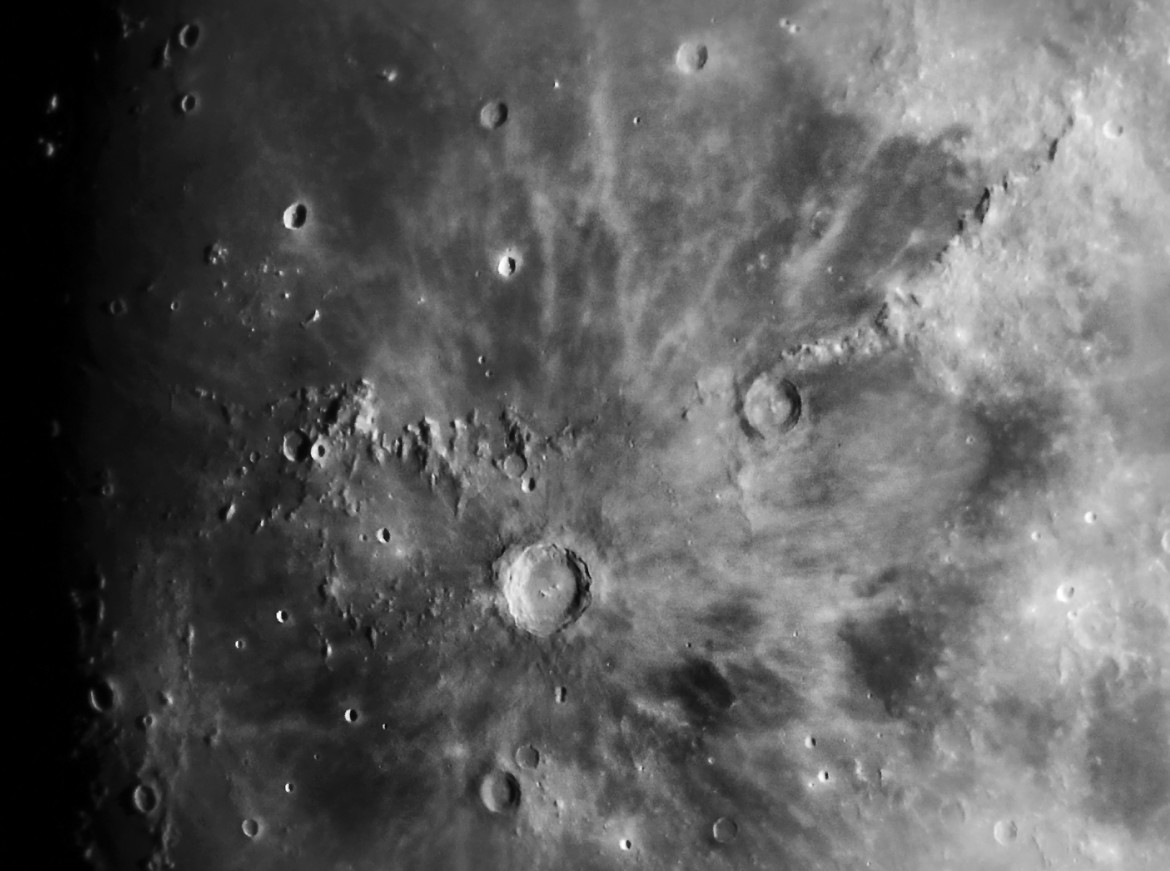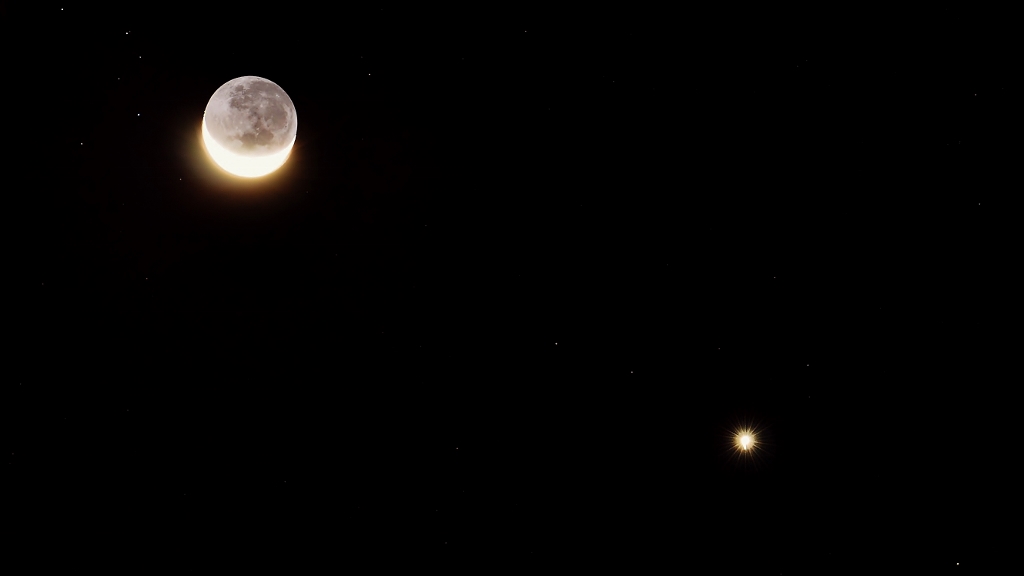Observing
Here is an image of the full Moon from last night. Actually taken just past midnight, so lets say it was taken on July 20th, 47 years to the day after Apollo 11 first landed on the Moon.
This image is actually several images that I hand stitched together. My regular old DSLR camera was shooting through my 5″ class refractor. The camera was set to ISO400 and the exposure time was 1/400th of a second. The version seen here has had contrast adjustments made and been reduced in file size.
With the Binbrook observing site open for the past few nights — thanks to Councillor at Large Bernie Vanasse — various HAA members made an appearance to catch the Perseid Meteor Shower. Despite a mid-week peek making late nights difficult I grabbed my wife, essential gear, the dog, and headed down to Binbrook to take in the show.
With only an hour to spend under the night skies I quickly setup my camera to record the action while we laid on camping air mattresses. Looking straight up, the skies were busy with celestial highlights. The main attraction did not disappoint with both faint and bright meteors streaking across the sky. The best left visible smoke trails, briefly illuminated by the glow of the meteoroid itself. Satellites silently moved overhead in high numbers as well as an unexpected fly-over by the International Space Station (ISS).
That’s Venus (left) and Jupiter (right) on Thursday, July 2, 2015, 10:03 pm.
Jupiter’s moons, from left to right, I believe, are Callisto, Europa (barely visible as a bump on Jupiter’s upper left limb), Io and Ganymede.
Taken with my Canon 40D through my Tamron 300mm telephoto lens, set at ISO 800 and f/5.6 for 1/2 second. A fixed tripod was used.
Brightened a bit, cropped a LOT, but otherwise unprocessed.
Between the weather and my lack of a western sky here at home, I’ve only had one night that afforded me a view of the conjunction between Venus and Jupiter. This image is from Monday, June 29, 2015, at 10:30pm. It’s always amazing how bright the sky is that late at night, only a week after the solstice.
I was travelling in the Killarney area and this image is taken looking across a small inlet on Baie Fine, a true fjord at the very northern tip of Georgian Bay. The image is from a tripod mounted camera, with a lens set to 24mm at f/4, and an exposure 0.8 seconds long.
This photo of last night’s aurora was taken by John Crowdis from his home in Alberta. In spite of interference from clouds, moonlight & streetlights, the Northern Lights are prominent in this image. Keep watch again Wednesday night for a possible repeat performance.
There is a major solar storm happening now that could produce strong auroral displays. If skies clear, look up tonight or tomorrow night. For current info on aurorae (Northern Lights), check out this website.
Comet C/2014 Q2 (Lovejoy) and open star cluster NGC 188 in Cepheus, near the north celestial pole. Taken near Barry’s Bay, Ontario on May 13, 2015 between 10:24 pm & 11:29 pm EDT. Stack of 30 exposures of 1 minute each; 30 minutes total. Canon 40D through Tamron 300mm lens at f/2.8, on SP mount. ISO 1600.
The HAA celebrated Astronomy Day this year at Bayfront Park in Hamilton. We had excellent weather with crystal clear seeing during the day and minimal light clouds during the evening.
Unfortunately, I was unable to attend this season’s inaugural public viewing session in Grimsby, but I did get my telescope out for some solar and lunar viewing on the weekend. After a long and cold winter, the comparatively mild temperatures and clear skies were like a siren’s call, luring me out under the sky.
A week ago I treated myself to a new astro-toy; a Herschel wedge, for white light solar viewing. Both Saturday and Sunday afternoon offered opportunities to test it out, and after comparing different eyepiece and filter combinations, it gave spectacular views that I was very happy with.
Continue Reading
The Waxing Crescent Moon and Venus in the Western Sky


